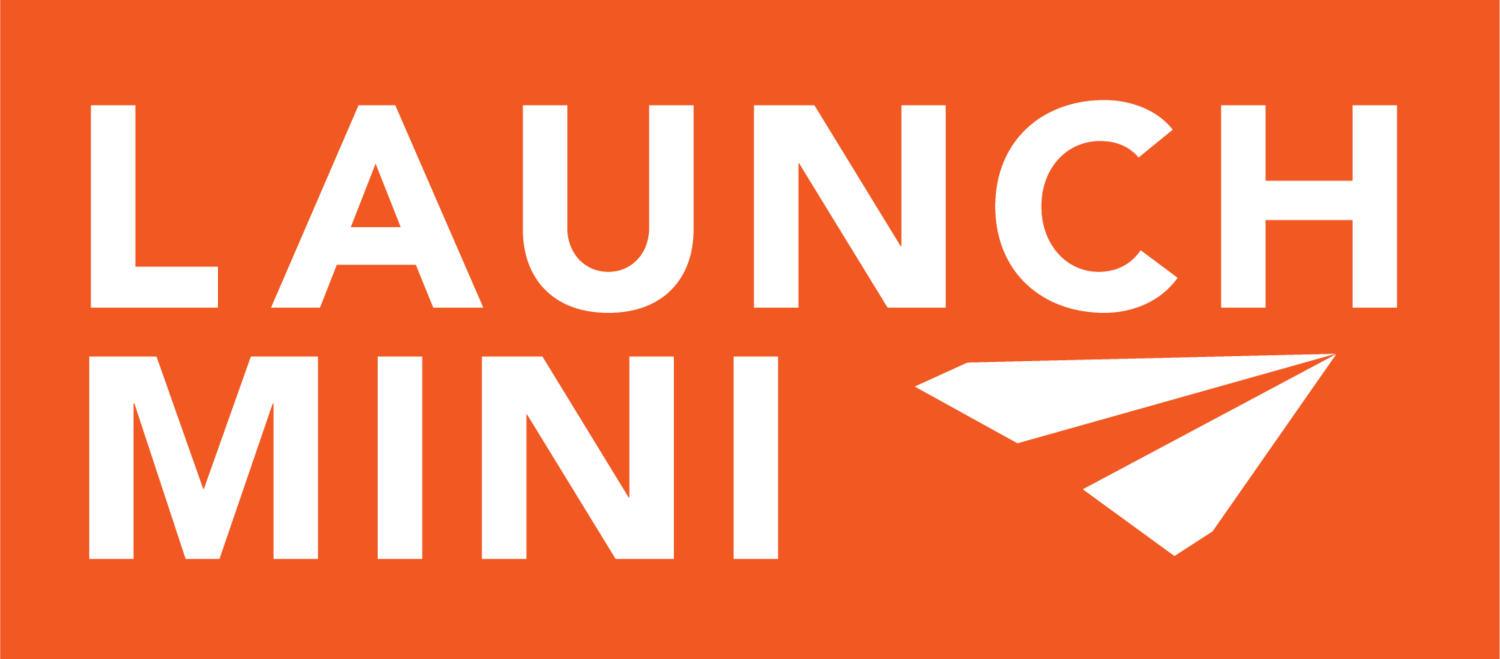What are Your Headwinds? - part 1
/“God is our refuge and strength, an ever-present help in trouble”. Psalm 46: 1
We have sat down with many college students and young professionals and singles and discussed topics ranging from resumes and cover letters, college majors, job changes, career building, faith, among many life topics. There are transitions and uncertainty throughout life in your 20’s, and we always acknowledge how difficult it is for them and everyone. We now have numbers to an alarming trend that we have noticed contributing to the challenge.
There was a time when there were not enough college degreed individuals. In 1950, only 5.2% of women and 7.3% of men in the United States had four-year college degrees or more. That was up near 40% in both cases from pre-WWII 1940, but still a small percentage of Americans. Since then, those percentages increased yearly to now 35.3% of women and 34.6% of men having four year or more degrees. As a side note, it was only recently in 2014 where the percentage of women became higher than men. (see full report links below)
On the surface, that seems like considerable growth and opportunities, and maybe still a fraction of what you would have guessed. While it is a victory to achieve graduation, the more significant challenge may be coming on the back end of those BA and MA degrees where there is a first J-O-B or a start to a career. Specifically, being underemployed, or having a degree but employed in a first job where a degree is not required is a growing problem for those starting.
A 2018 study of over 4million resumes by the Strada Institute for the Future of Work and Burning Glass Technologies, a career market analytics company found trouble. “Our findings revealed that 43% of workers in our sample were underemployed in their first job. And as they progressed, the cycle of underemployment became progressively more difficult to escape. Workers who were initially underemployed were five times more likely to remain so after five years than those who were not underemployed in their first job. And once in that rut, the chances of escape are slim.”
Sadly, the study found it is harder for women than for men. 47% of women against 37% of men were found to be underemployed in their first job, and 31% of the women and 23% of men were underemployed five years later.
In other words, these graduates must take jobs where the degree they worked so hard to achieve is not required, and few can advance to a new degree-required position during the ensuing years.
It hurts financially too. Underemployed pay averaged about $37,000 per year, 27% less than the approximately $47,000 earned by the appropriately employed. This fact coupled with the rising average college debt at an all-time high (nearly $30,000) for four-year degrees makes the transition additionally problematic.
The changing economy and job market are partly to blame for the problem. Tom Allison, acting director of policy and research for Young Invincibles, an advocacy group for students and recent graduates said, “This is the first generation of college graduates to enter an economy where many of the new jobs are not traditional, permanent, full-time roles. Forced to settle for the jobs available in this new economy, graduates struggle to climb the employment ladder. They’re still a step behind.”
There are headwinds that new college graduates and young professionals are currently facing that are different than what their parents experienced. If the eyes of a new graduate, or if eyes of anyone for that matter, are focused on the obstacles ahead, challenges can become daunting. The problems can sometimes cause retreat in fear, avoidance, and confidence can wane.
It is crucial to have an overcoming spirit and to push forward and to focus on open doors, not closed doors. It reminds us of another young man that had a difficult start to his career, having ominous headwinds before him.
At just 17 years old, Joseph had been thrown into prison by his own family, sold off to traveling salespeople as they passed and took him over 300 miles away to resell him in a foreign land that he had never seen prior. Whatever was previously in his favor, skills he had learned, or people that he knew, was now useless. But his reaction was not one of sorrow.
On the next blog, we will dive deeper into looking at how Joseph took on his headwinds that he faced in his days.
Stastista: The Statistics Portal (Click HERE for FULL REPORT)
Burning-Glass Technologies (Click HERE for FULL REPORT)







